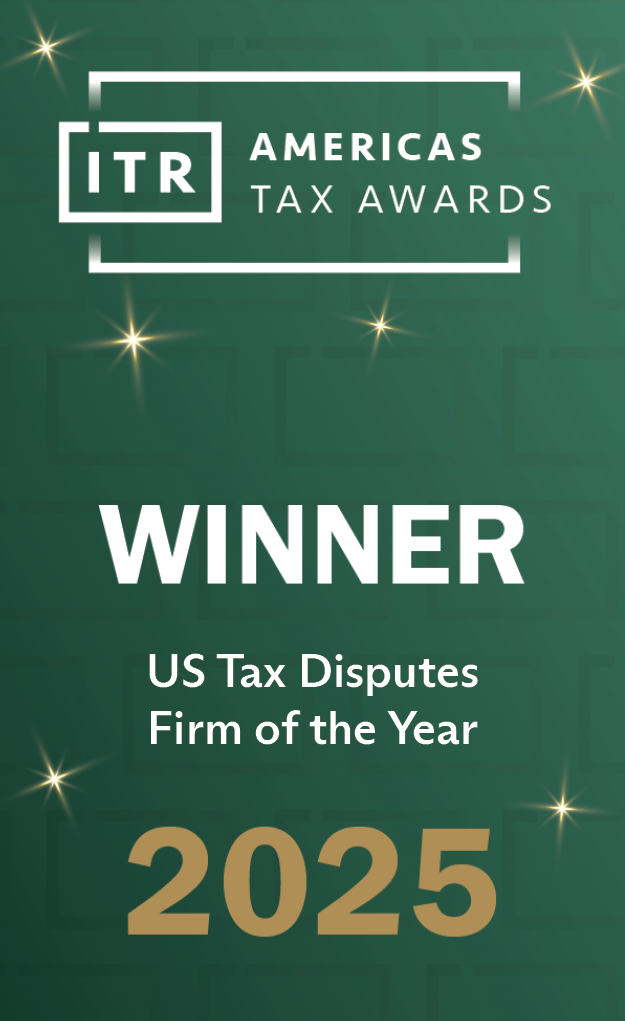The Internal Revenue Service (IRS) had broad examination authority to determine the correct amount of tax owed by taxpayers. In addition to seeking information directly from a taxpayer, the IRS is also authorized to seek information from third parties. However, Internal Revenue Code (Code) Section 7602(c)(1) requires that the IRS provide “reasonable notice in advance to the taxpayer” before contacting a third party. The US Court of Appeals for the Ninth Circuit recently addressed what constitutes “reasonable notice” for this purpose.
In J.B. v. United States, the taxpayer sought to quash an IRS summons for insufficient notice. The taxpayers were selected for a compliance research examination as part of the IRS’s National Research Program, which involves in-depth audits of random taxpayers to improve the government’s access to compliance information and ensure that the IRS is auditing the right taxpayers. The IRS notified the taxpayers of the audit by mail and enclosed a copy of Publication 1, Your Rights as a Taxpayer. Publication 1 states, in relevant part, that the IRS may sometimes talk to other persons if the taxpayers are unable to provide or verify information received from the taxpayer. In J.B., the IRS summonsed the California Supreme Court for copies of billing statements, invoices and other documents relating to payments to the taxpayer-husband, who was a lawyer who accepted appointments to represent indigent criminal defendants in capital cases. The taxpayers did not learn of the summons until after it had been issued, and therefore moved to quash the summons for insufficient notice. The district court held in favor of the taxpayers.
The Ninth Circuit affirmed, albeit on different grounds. After explaining that “reasonable notice” is a fact-sensitive determination and that advance notice is intended to provide taxpayers the right to avoid potential embarrassment caused by IRS contact with third parties, the court discussed the Internal Revenue Manual and the IRS’s prior practice of providing taxpayer-specific notice. In particular, the predecessor IRS letter had more than 20 iterations tailored to meet different functional requirements. The court ultimately held that the IRS must provide notice “reasonably calculated under all relevant circumstances to apprise interested parties of the possibility that the IRS may contact third parties and that affords interested parties a meaningful opportunity to resolve issues and volunteer information before those third-party contacts are made.”
The Ninth Circuit was particularly troubled by the facts that: (1) the IRS had reason to know that the billing records at issue might have been subject to attorney-client privilege and (2) the taxpayers would have had access to those documents and would have been able to provide redacted copies of the pertinent records. Moreover, the court noted that Publication 1 was “divorced from any specific request for documents.” The court concluded that “[a]lthough we limit our holding to the facts of this case, we are doubtful that Publication 1 alone will ever suffice to provide reasonable notice in advance to the taxpayer, as the statute requires. We think it unlikely that the broad and colloquial language…gives the taxpayer reasonable advance notice that the IRS intends to subpoena…third-party documents.”
Practice Point: J.B. is an important case for taxpayers in that it requires the IRS to provide more specific notice than just Publication 1 before seeking information from third parties. Despite the notice requirement and the Ninth Circuit’s opinion, it remains good practice for taxpayers and their representatives to specifically request notice from the IRS regarding any third-party contacts. This is important to ensure that privileged information is not provided to the IRS by a third party, to understand exactly what information the IRS is requesting and to enable the taxpayer to provide such information without the need to involve third parties.







